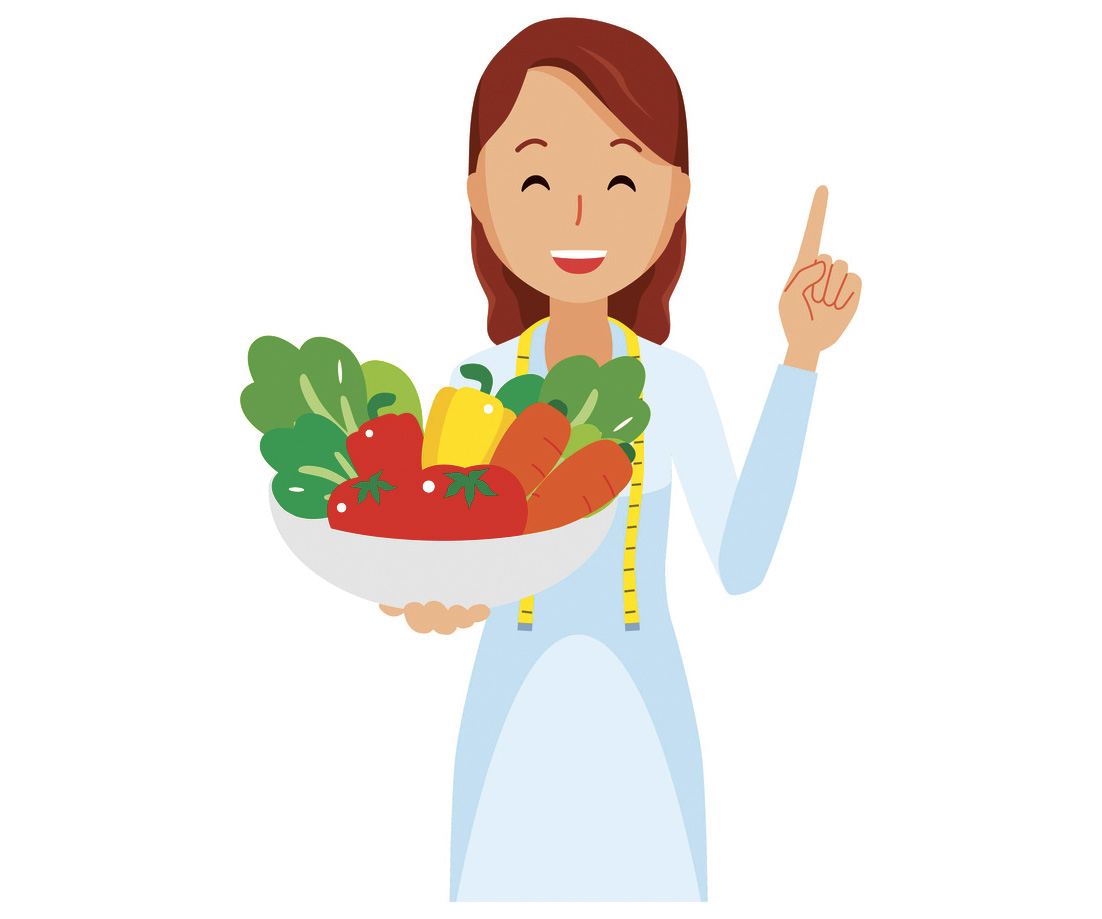A popular feature in Good Times magazine is “Your Health Questions,” in which we find experts to answers questions submitted by our readers about health, nutrition and well-being
By Wendy Haaf
Photo: iStock/ConstantinosZ.
Q. I always thought the optimal dietary goal was 2,000 calories a day, but I recently heard someone on the radio say that we need fewer calories as we get older. Are there guidelines for how many calories we need to stay healthy?
A. You’re no doubt thinking of the 2,000-calorie goal listed on the nutrition-facts table found on food packaging. This is an arbitrary number used to calculate the daily percentage values for nutrients, which are intended to give you a ballpark idea of whether a particular item contains relatively large or small amounts of, for example, protein, fat, or sodium, and to enable you to more easily compare two seemingly similar products.
In reality, however, whether someone needs fewer or more than 2,000 daily calories to maintain a stable weight varies from one person to another, depending on such factors as “height, weight, age, and even sex and activity level,” says Shelby Grace Dowdell, a registered dietitian in Sarnia, ON.
Yes, age is part of the equation—all other things remaining equal, requirements dip, on average, a small amount with each passing decade after roughly age 30—but that doesn’t mean you should worry about aiming for a lower daily target or focus on calories at all, since this can lead to distorted eating patterns. “When people get into that calorie-count mindset, they can lose focus on food quality,” Dowdell says, by, for example, cutting out nutrient-dense higher-calorie foods such as nuts, rather than limiting portion size.
Many dietitians, including Dowdell, recommend instead simple strategies that enable you to get the nutrients you need to maintain good health while helping your body naturally adjust to any changes in energy needs. Provided you eat balanced meals and snacks every three or four hours, spreading your protein intake throughout the day and emphasizing fruits, vegetables, and high-fibre carbohydrates, your appetite should regulate itself.
“When people do that, it keeps them in touch with how many calories their body needs, so they feel hungry when it’s appropriate and satisfied when it’s appropriate,” says Rosie Schwartz, a Toronto registered dietitian and the author of The Enlightened Eater’s Whole Foods Guide (Viking Canada, 2003).
Getting enough protein and splitting it up across multiple meals, rather than concentrating it at dinner, is key to maintaining lean body mass, particularly as we get older.
“What happens when people go without protein at breakfast and lunch is that they lose muscle mass, and that decreases their metabolic rate, which makes it easier to either gain weight or have less of an appetite,” Schwartz explains, adding that the latter scenario can spiral into further loss of muscle mass. Similarly, skipping meals (which also sabotages nutrient intake) can either suppress appetite or spur overeating. (If you lose your appetite or are having difficulty maintaining a healthy weight, ask your doctor to refer you to a registered dietitian for personalized advice.)
“The key is to listen to your body,” Schwartz says, “but you can listen to your body only if you’ve been nourishing it well and eating a balanced diet of real food.”





